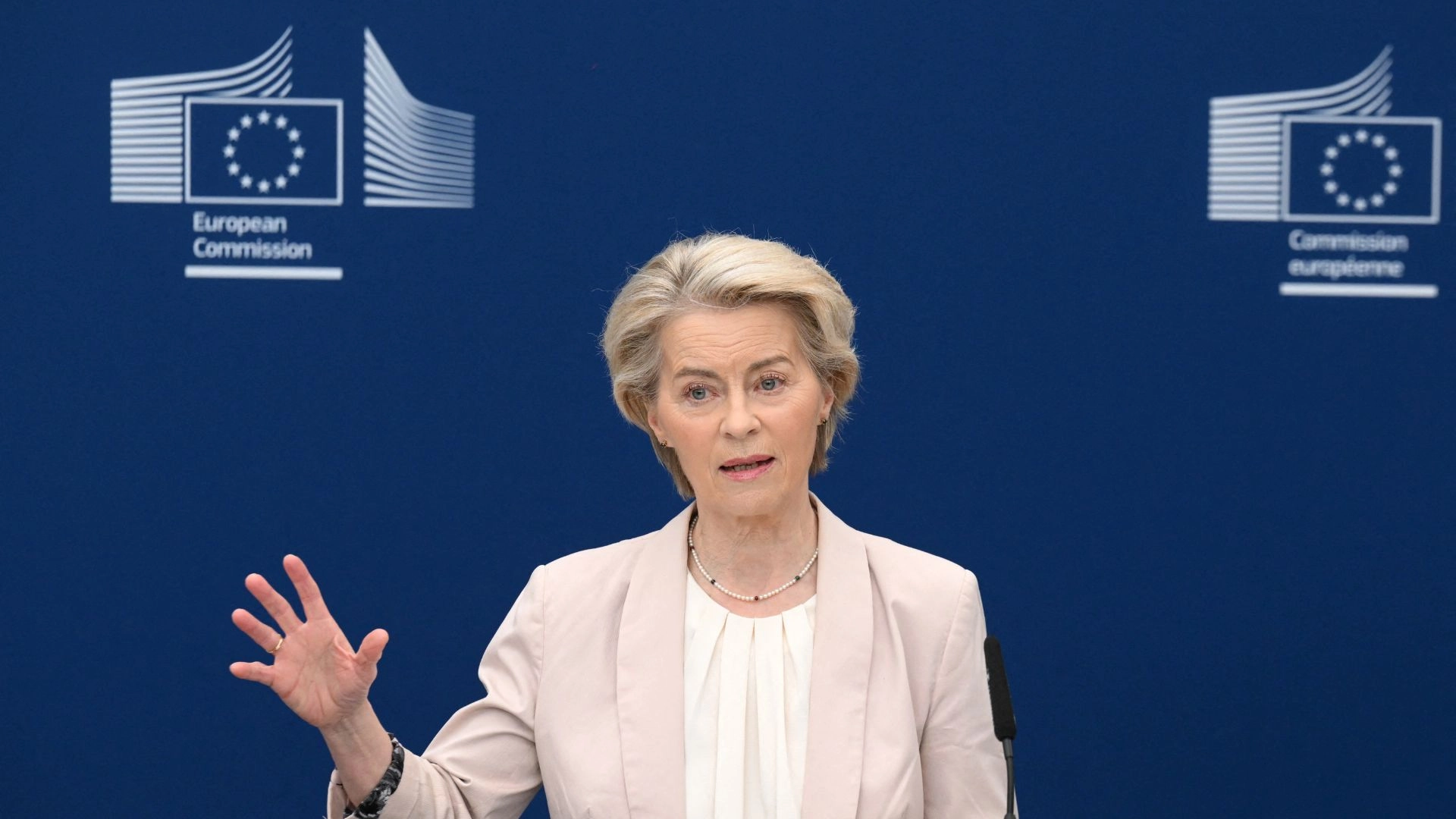The European Union has expressed strong disapproval regarding the recent auto tariffs imposed by former President Donald Trump. In a statement, EU officials articulated their “deep regret” over the decision, highlighting the potential negative ramifications on international trade relations and the automotive industry as a whole. The tariffs, which target imported vehicles and parts, are seen as a move that could disrupt established supply chains and lead to increased costs for consumers and manufacturers alike. The EU is particularly concerned about the implications for European automakers, who play a significant role in the U.S. market and are likely to be adversely affected by these measures.
The EU’s condemnation underscores a growing tension between the United States and its traditional allies. Tariffs have long been a contentious issue in international trade, often leading to retaliatory measures that can escalate into full-blown trade wars. The EU has warned that such unilateral actions undermine cooperative efforts to address global trade challenges and could provoke a cycle of retaliation that harms both the U.S. and European economies. As a response, EU officials are exploring various avenues to protect their interests, including potential countermeasures that could target American goods, thereby escalating the conflict further.
Moreover, the EU’s position reflects broader concerns about protectionism and its impact on global economic stability. By imposing tariffs, the U.S. risks alienating key partners and disrupting the interconnected nature of the global automotive industry. The EU has emphasized the importance of dialogue and cooperation in resolving trade disputes, advocating for a multilateral approach rather than unilateral measures. This situation highlights the delicate balance that nations must maintain in navigating trade relationships, as well as the potential consequences of policies that prioritize national interests over collaborative solutions.
In light of these developments, the EU remains committed to defending its economic interests while seeking avenues for constructive engagement with the U.S. This incident serves as a reminder of the complexities of international trade and the need for nations to work together to foster an environment conducive to mutual growth and prosperity. As discussions continue, the hope is that both sides can find common ground that mitigates the adverse effects of such tariffs and paves the way for a more stable and cooperative trade relationship moving forward.




